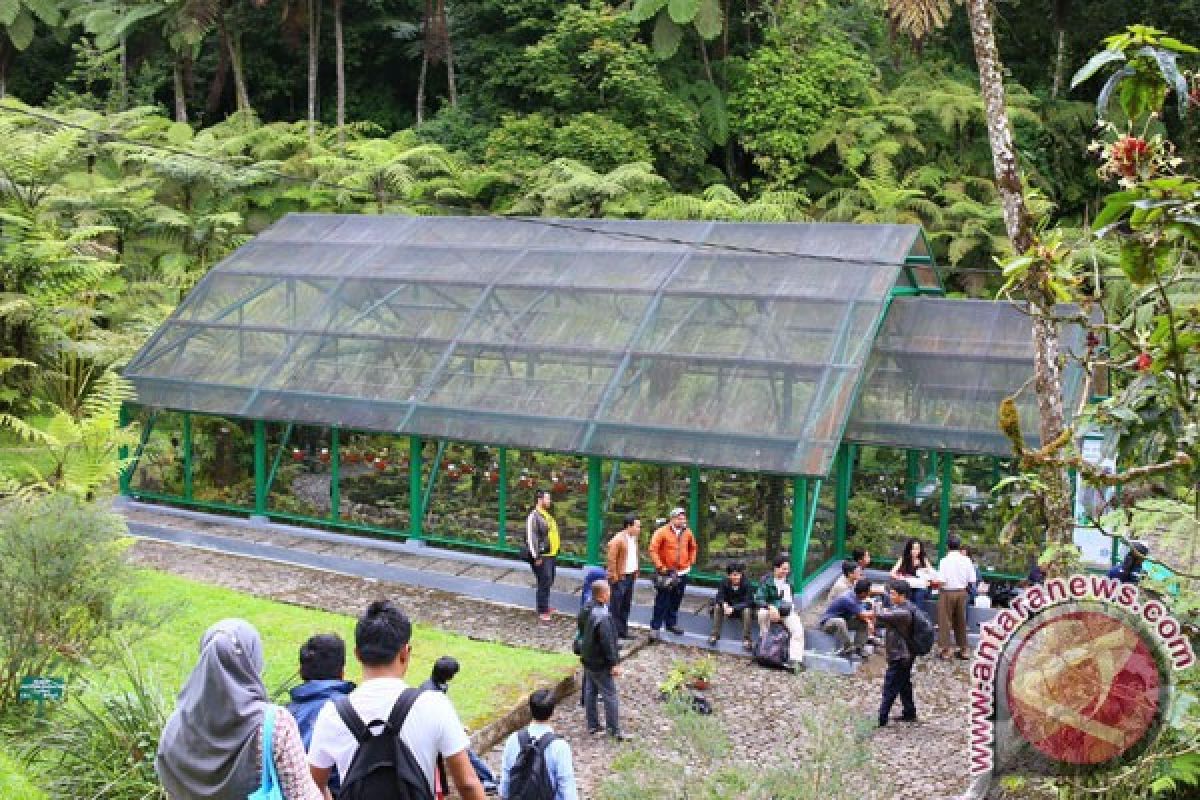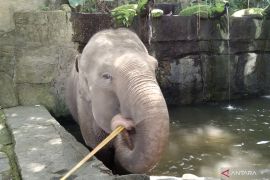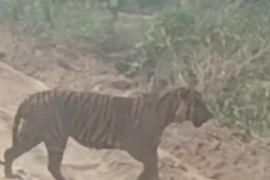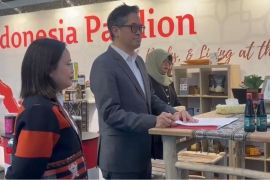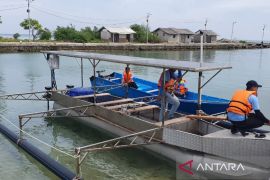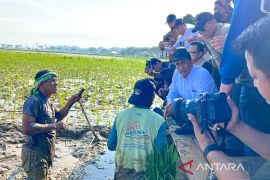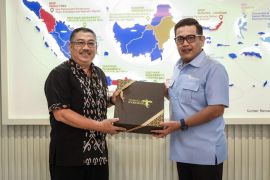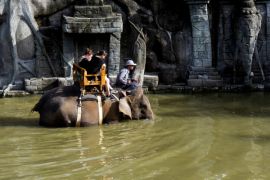"The districts of Bogor, Sukabumi, and Cianjur have been designated by the UNESCO as part of the Cibodas Biosphere Reserve," Karniwa noted in a press release received by Antara here on Tuesday.
The area characterizes a harmony between economic development, community empowerment, and environmental conservation, Karniwa remarked.
According to Karniwa, the concept of biosphere reserve management is in line with the West Java Provincial Administration`s commitment to establishing protected areas in 45 percent of the province`s total area.
The Cibodas Biosphere Reserve is divided into three zones: the core area in Gunung Gede Pangrango National Park that serves as a conservation forest area, buffer zone, and transition area in the form of forests, plantation areas, and other land.
Meanwhile, Head of West Java Development Coordination Supriatno remarked that the Cibodas Biosphere Reserve is important as a natural site for research, tourism, education, and community empowerment purposes.
Chairperson of the National Committee for the Man and the Biosphere Program of UNESCO and Deputy of Life Sciences of the Indonesian Institute of Sciences Enny Sudarmonowati pointed out that of the 686 reserves in 122 countries, one is the Cibodas Biosphere Reserve.
"The natural potential vegetation of the Cibodas Biosphere, such as persimmon, strawberries, and Artemisia plants, are useful for medicines and ornamental plants," Sudarmonowati remarked.
The UNESCO remarked that the Cibodas Biosphere Reserve is an example of ecosystem in the humid tropics under strong human pressure.
The Gunung Gede-Pangrango National Park constitutes the core area of the biosphere reserve and encompasses twin volcanoes and mountainous forests, including several endemic species of Java.
The buffer zone comprises production forests, tea plantations, and horticulture fields. Most of the transition area is covered by rice irrigation fields and human settlements.
Reporting by Ajat Sudrajat
Editing by Libertina W Ambari
Reporter: Antara
Editor: Suharto
Copyright © ANTARA 2018
